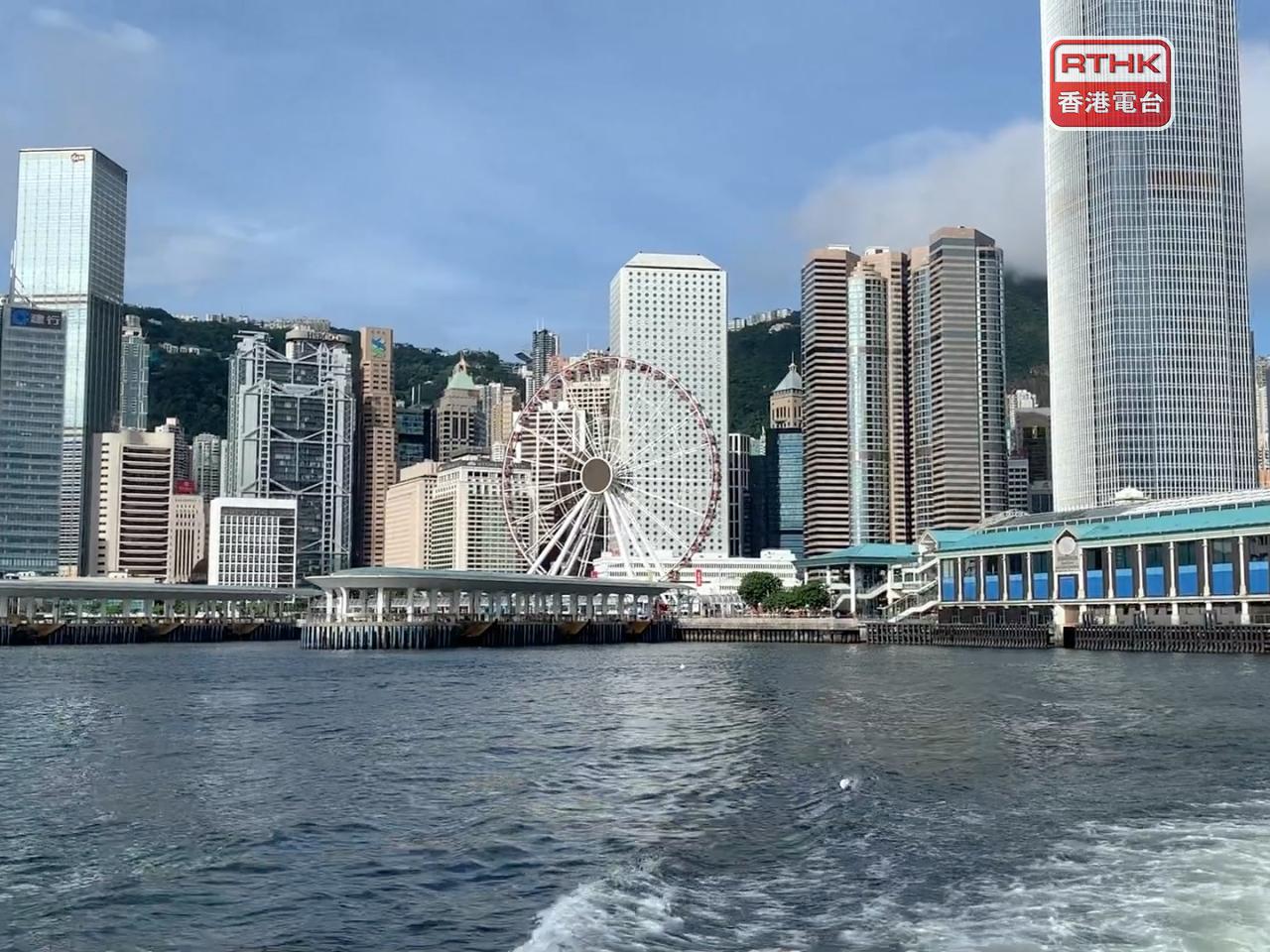Hong Kong should learn to navigate its relationships with the rest of the world and do more to attract outside capital as it continues to integrate with the mainland, according to observers, with external factors presenting an opportunity for the city to diversify its reach.
Experts also believe closer links with the mainland have helped consolidate the SAR's position as a global financial hub.
"In the long run, Hong Kong will continue to attract capital from the mainland. But there're also some uncertainties about whether Hong Kong would still be able to attract foreign capital in the same way," Gary Ng, a senior economist at Natixis Corporate and Investment Bank, told the RTHK podcast China Perspectives in an episode marking the 28th anniversary of the SAR.
"I think in an ideal situation, Hong Kong should be able to do both. But because of the changing geopolitical environment, how Hong Kong can actually balance the two and make the most, to me, it could be quite challenging in the future."
Economics professor Ho Lok-sang, formerly in charge of Lingnan University's economic policy research institute, said challenges remained in the city's bid in attracting capital with some Western countries viewing Hong Kong and the country through "coloured lenses".
"We need to do a bit more to show that we are not too restrictive," Ho said.
"We are still open culturally, and we are tolerant of different opinions... That would produce a better impression on some investors who may have coloured lenses."
Ho praised efforts by the SAR to lure investments and highly-skilled professionals, and agrees with projections that Hong Kong will overtake Switzerland as the world's top cross-border wealth management centre by 2027.
"Switzerland did suffer somewhat, because there was pressure for Switzerland to reveal some information about their clients. There was this concern about tax evasion and other problems," Ho said.
"Hong Kong is pretty safe in the eyes of the world, and the mainland is also very politically stable. I think people are aware of the fact that we are an open economy."
Ng added that Hong Kong could act as a "buffer zone" between warring powers amid current geopolitical tensions.
"Let's say, China and the US may be competing at a much higher level on different issues, I think Hong Kong still has a role in a more neutral way to be a buffer zone between all these big powers," the Natixis senior economist said.






















